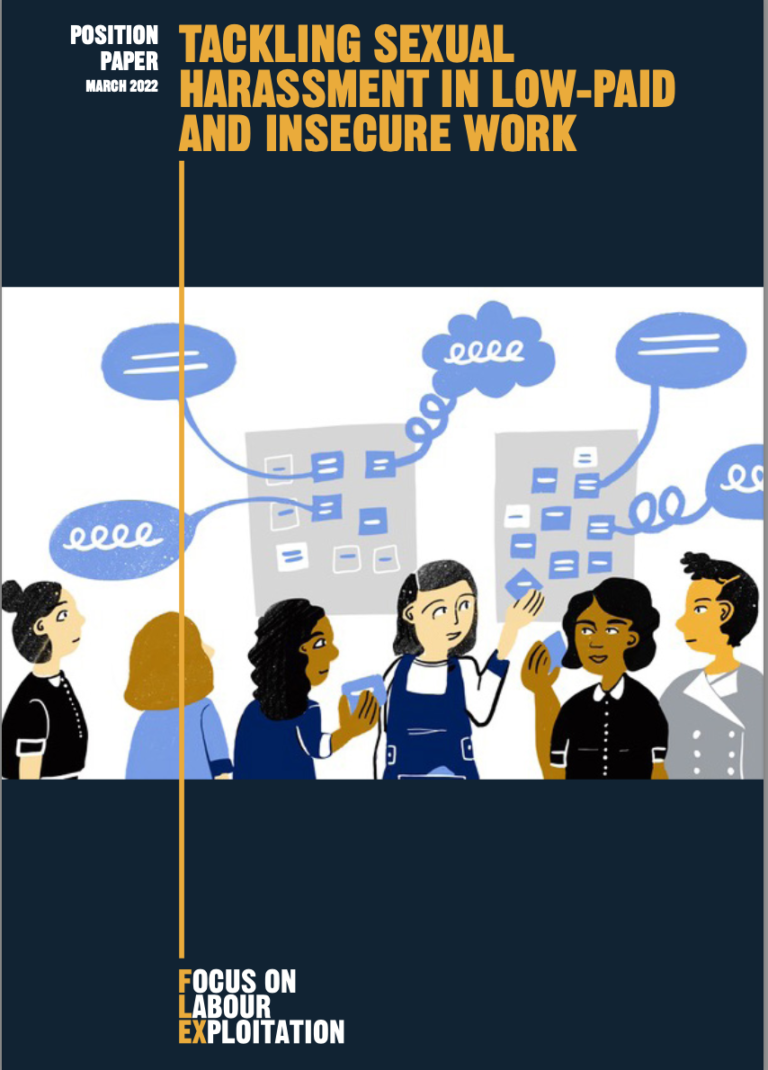A Review of Current Promising Practices in the Engagement of People with Lived Experience to Address Modern Slavery and Human Trafficking
News & AnalysisGuidanceGood PracticesThis report summarises findings from research into the best ways to engage and involve people with lived experience of modern slavery and human trafficking (including survivors) in international policy and programming on modern slavery. It gathers o...Read More

